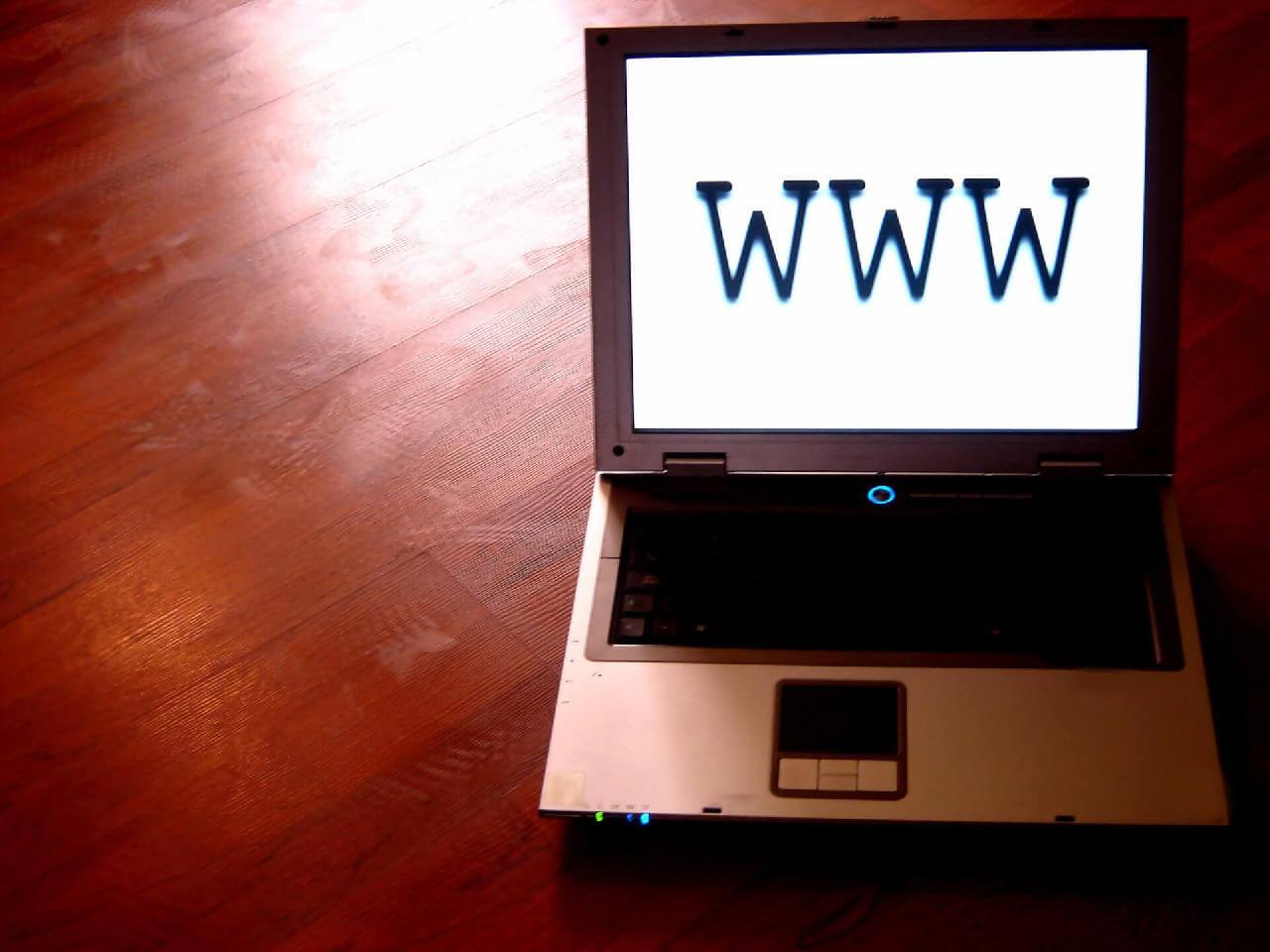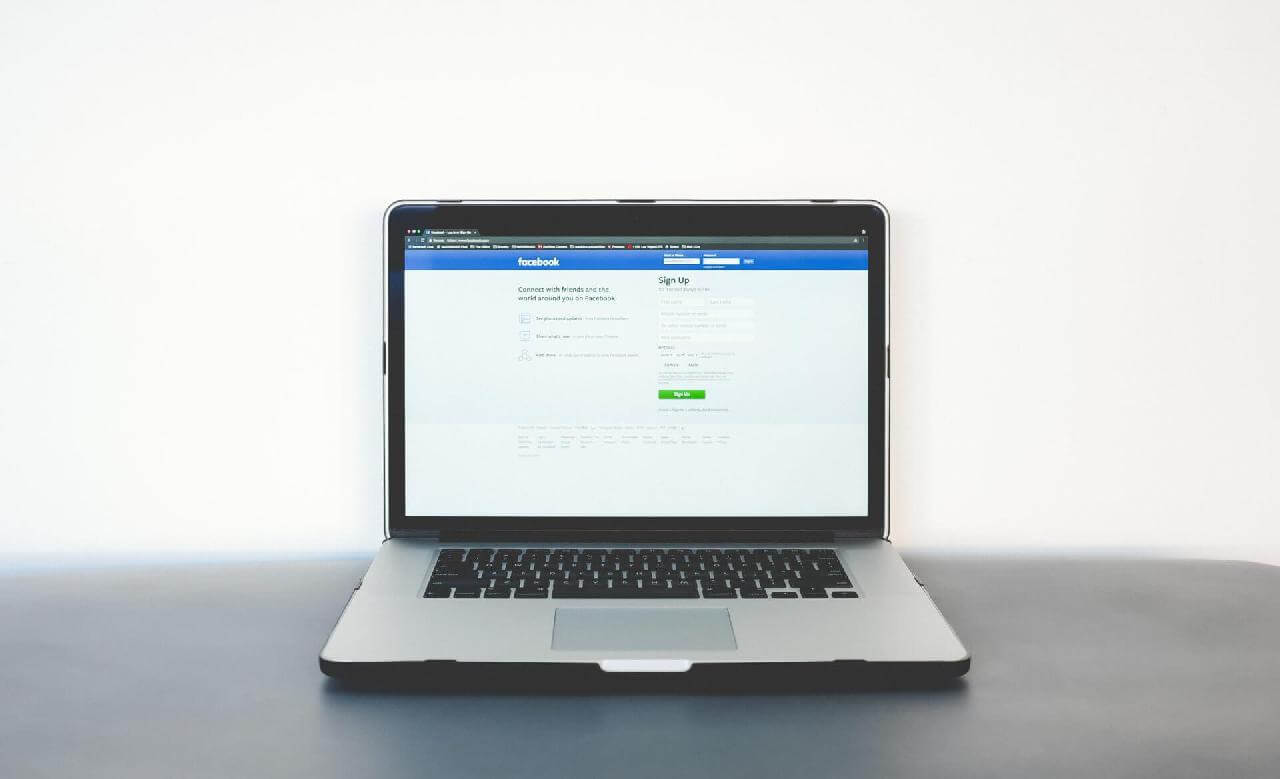In today’s digital age, the internet feels like an expansive universe with infinite possibilities. Yet, have you ever wondered who owns a specific domain name or how to find more information about it? This is where WHOIS comes into play.
WHOIS is a vital tool for anyone involved in the world of the internet, from website owners to cybersecurity experts and curious individuals. This article aims to provide an in-depth look into what WHOIS is, how it works, its purpose, limitations, and how you can use it.
What is WHOIS?
WHOIS is a query and response protocol used to fetch information about various internet resources, most commonly domain names. It serves as a public directory that contains the registered details of domain owners, including their name, contact information, the date the domain was registered, and its expiry date.
It can also provide information on network blocks, autonomous system numbers, and related technical details. WHOIS is an acronym for “Who is responsible for a domain name or an IP address?”
Historical Context
The concept of WHOIS dates back to the early days of the internet. Originally, the WHOIS system was operated by text-based command-line interfaces, allowing users to query a remote server for information. As the internet evolved, so did WHOIS. The system transitioned from its rudimentary format to a more sophisticated structure, facilitating easier access through web-based interfaces and APIs.
How Does WHOIS Work?
The WHOIS system operates through a distributed database of registrars and registries. When you conduct a WHOIS search for a domain name, the query goes through a WHOIS server that retrieves information from the appropriate registry. The registry database is the authoritative source for that domain, storing all the pertinent data related to it.
Purpose and Uses
Identity Verification
WHOIS serves as a tool for verifying the identity of a domain owner. This can be particularly useful for businesses that wish to engage in partnerships or any other sort of commercial relationship.
Cybersecurity
Law enforcement agencies and cybersecurity professionals often use WHOIS data to investigate malicious activities. By analyzing domain data, experts can trace back cyber threats and implement measures to mitigate risks.
Dispute Resolution
The WHOIS database can be referenced in cases of trademark infringement or domain squatting. Knowing the registered owner and their contact details can expedite legal processes.
Research and Analytics
Researchers and analysts also use WHOIS data for studying trends, understanding market behavior, and gaining insights into domain-related activities.
Limitations
Privacy Concerns
One of the major criticisms of the WHOIS system is that it exposes sensitive personal information. To tackle this issue, some domain registrars offer privacy protection services that mask the actual contact details.
Inaccuracy
The WHOIS database relies on registrants to provide accurate information, but there is no rigorous verification process in place. This means that the data can sometimes be inaccurate or outdated.
Rate Limiting
WHOIS servers implement rate limiting to prevent abuse. This means you may only conduct a specific number of queries within a given time frame.
How to Use WHOIS?
Conducting a WHOIS search is straightforward. Many online services and platforms offer free WHOIS lookup. Users need to enter the domain name or IP address into the search bar, and the service fetches the relevant information. Some advanced tools also offer features like bulk searches and historical data.
WHOIS is more than just a protocol; it’s a crucial part of the internet’s infrastructure. Its role in identity verification, cybersecurity, dispute resolution, and research can’t be overstated. Despite its limitations, it remains an invaluable resource for understanding the digital landscape better. Therefore, whether you’re a website owner, a cybersecurity expert, or a curious individual, knowing how to utilize WHOIS is a skill that can serve you well in the digital realm.
Navigating WHOIS Safely
Given the importance and utility of the WHOIS database, it’s essential to also understand how to navigate it responsibly and safely. Always remember that the information you access is someone’s personal or organizational details, which should be handled respectfully. If your purpose for using WHOIS involves sensitive or legal matters, it’s advised to consult professionals in the respective fields—whether it’s cybersecurity, law, or analytics.
GDPR and WHOIS
A significant development affecting the WHOIS system is the implementation of the General Data Protection Regulation (GDPR) by the European Union. This regulation restricts the amount of personal data that can be publicly displayed, leading to a significant “redaction” of information in WHOIS results for domains registered by individuals or entities within the EU.
This development is significant as it highlights the continuous evolution of the balance between transparency and privacy.
Alternatives and Complementary Tools
While WHOIS remains a go-to standard for domain information, there are other resources that complement or, in some cases, offer alternatives to WHOIS. These include:
DNS Lookup
DNS (Domain Name System) lookup tools help in translating domain names into IP addresses, offering insights into a website’s server and hosting details.
Reverse IP Lookup
This allows you to find all the domains hosted on a particular IP address, providing more context around your WHOIS findings.
SSL Certificate Checkers
These tools allow you to inspect a website’s SSL certificate, providing assurance on the security and credibility of a website.
The Future of WHOIS
As the internet continues to evolve, there’s an ongoing debate about the future and sustainability of the WHOIS system. On one hand, there’s a call for even more robust privacy protections for individuals and organizations. On the other, there’s a demand for more transparent and easily accessible data to counter nefarious online activities.
One possibility is the transformation of WHOIS into a more secure and privacy-focused protocol, which may involve blockchain technology or a more rigorous verification process. However, no concrete steps have been finalized, and for the foreseeable future, WHOIS remains the most comprehensive public database for domain information.
WHOIS is a cornerstone in the edifice of the internet. Despite its limitations and the challenges it faces—such as privacy concerns and the impact of GDPR—it remains an essential tool for a wide array of professionals and individuals who need to know “who is” behind a website.
As we look toward the future, it’s clear that WHOIS will continue to evolve alongside the digital world. Whether you’re using it for business, security, or curiosity, understanding its purpose, limitations, and ethical implications can only enhance your online experience and safety.
So the next time you wonder about the ownership of a particular domain or need to investigate an online resource for any reason, you’ll appreciate the utility and importance of the WHOIS system in providing answers. It may not be a perfect system, but it’s a critical one, facilitating transparency and accountability in an increasingly complex digital landscape.
Beyond Domain Names: Expanding the Scope of WHOIS
As we discuss the future and the potential evolution of the WHOIS system, it’s worth noting that its utility is expanding beyond just domain names. With the rise of the Internet of Things (IoT), WHOIS-like databases are now being considered for various types of internet-connected devices. This could help consumers and experts alike in identifying the origins of devices, potentially improving supply chain transparency and security measures.
Ethical Considerations
The ethical aspects of using WHOIS data are not to be ignored. Since WHOIS information can contain personal details, there’s a responsibility on the part of users to handle this information respectfully and lawfully. Misusing WHOIS data for spamming, stalking, or harassment is not only unethical but often illegal.
Geographic Variations
While WHOIS is a global protocol, it’s worth noting that different countries may have different regulations that impact the kind of data available through WHOIS queries. For example, countries with stricter privacy laws may offer limited information, whereas others might provide more comprehensive details.
API and Automated Searches
For those who require WHOIS data on a larger scale, several services offer APIs that allow for automated searches. This is particularly useful for cybersecurity firms, researchers, and corporations that need to analyze large volumes of domains or IP addresses. However, it’s crucial to be mindful of the rate limits set by WHOIS servers to prevent system abuse.
Best Practices for Using WHOIS
Know Your Purpose: Understand why you need WHOIS data and what you intend to do with it.
Respect Privacy: Don’t misuse personal information acquired through WHOIS queries.
Stay Updated: The landscape of internet regulations is ever-changing, impacting WHOIS. Stay informed to understand how changes may affect your queries.
Use Reliable Tools: Not all WHOIS lookup services are created equal. Utilize well-known, reputable platforms to ensure accurate and reliable data.
Consult Experts When Necessary: If you’re diving deep into areas like legal disputes or cybersecurity, consultation with professionals is often advised.
The Indispensable WHOIS
WHOIS isn’t just a protocol or a database; it’s a critical component of the internet’s governance and operational structure. It serves multiple purposes, from verifying website ownership to aiding cybersecurity investigations, to helping resolve legal disputes over intellectual property. Its limitations, such as privacy concerns and data accuracy, are valid but are also actively discussed in forums worldwide to adapt the system to modern needs.
As we become increasingly dependent on the digital world, tools like WHOIS become even more crucial. Their role in maintaining a transparent, accountable, and secure internet cannot be underestimated. By understanding WHOIS, how to navigate its data responsibly, and how to interpret its findings, we become not just passive consumers of the internet, but informed, ethical, and active participants in the digital ecosystem.









